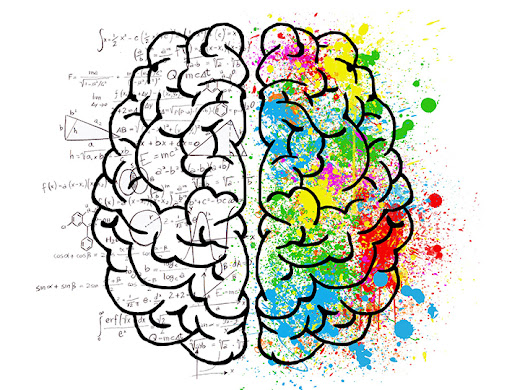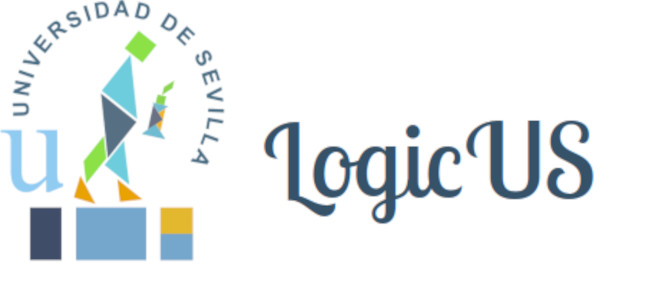Our project: LogicUS
A multi-environment framework for Logic research and education


It implements the representation and calculus basis for the system.
Based on functional programming with Elm.
Use litvis! A tool oriented to computational narrative that allows the integration of the typical elements of any documentation (Markdown language), with Elm code and representation technologies. Elm code and rendering technologies.
MEET AND INSTALL LITVISA web-based interface (no installation required) and based on flow execution graphs as the main method of user interaction.
GET THE GUI TRY IT ONLINEA multi-environment framework for Logic research and education
Logic is a fundamental pillar in the development of all computer science disciplines, among other disciplines, from hardware-oriented aspects (circuit design and verification), to software (database query management, formal program verification, etc.), and, above all, in the field of Computer Science and Artificial Intelligence. Moreover, the increase in computational capacity and the development of different areas (mostly related to Computer Science) have produced powerfull results in many research fields, particularly in those related to Logic: Mathematical/Computational (Automated/Interactive Theorem Proving, Automatic formalization, etc.), Logistics and Optimization (CSPs, Automated Reasoning & Planning, etc.), System Modeling and verification (MAS, Model Checking, etc.), and Intelligent Systems (Neuro-Symbolic approaches, dMARS, XAI, etc.).
These trends highlights the need for intuitive, robust, and versatile tools for Logic -at the academic and research level- that enable abstracting the user from the ground process and focusing on prototyping AI applications. Our work aims to provide a framework that meets such needs. Currently, this is focused on Classical Logic (but adaptable to others) and oriented both to the academic (as a teaching tool) and the research use (as a prototyping tool).
LogicUS provides a functional-based and web-oriented tool allowing to work with Propositional and First-Order Logic (representation structures and operational procedures) as the essential layer over which to build sophisticated and logic-based procedures. It is open to the development of other logics, by adding the specific structures and mechanisms.


LogicUS system consists of three main tools providing different levels of abstraction: LogicUS-LIB (functional engine; functional libraries programmed in Elm), LogicUS-NB (an integration with litvis to generate executable documents) and LogicUS-GUI (an interface GUI oriented to web and executable flows for visualization and integration). These three components are designed according to efficiency and usability standards as driving forces. Thus, the tool provides a particularly useful system in both fields, research (through a relatively fast, simple, and highly adaptable way for logic-based prototyping), and education (through a framework that makes low-level execution of algorithms while preserving the conceptual structures and procedural methodologies underlying the logical foundations).
We expect you are engaging with LogicUS! About tab contains more information about the project and, if you have any question, we are always available for answer them, So don't hesitate to contact us!!